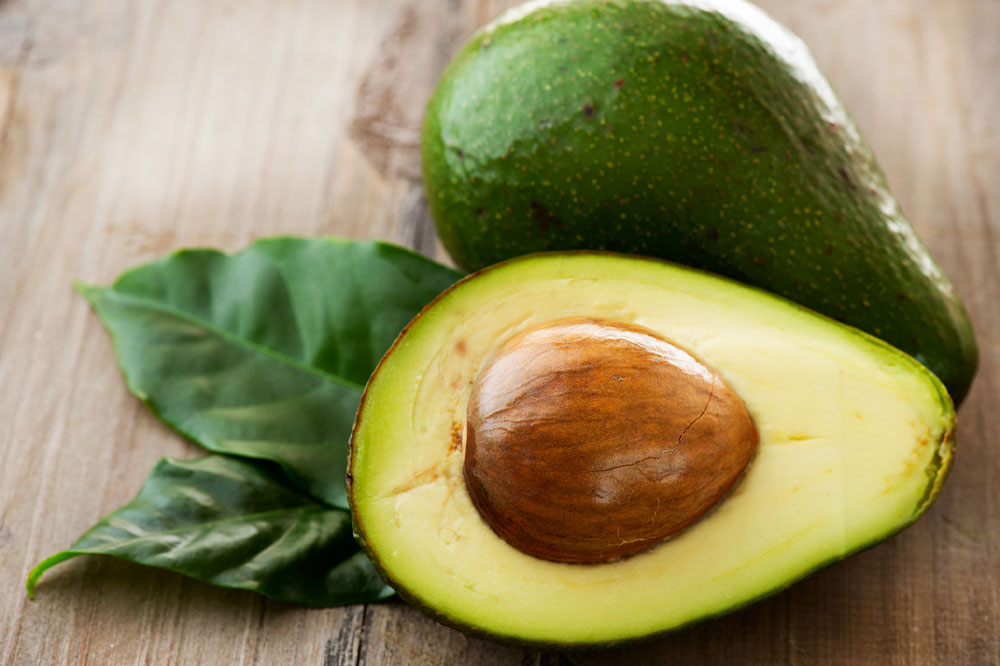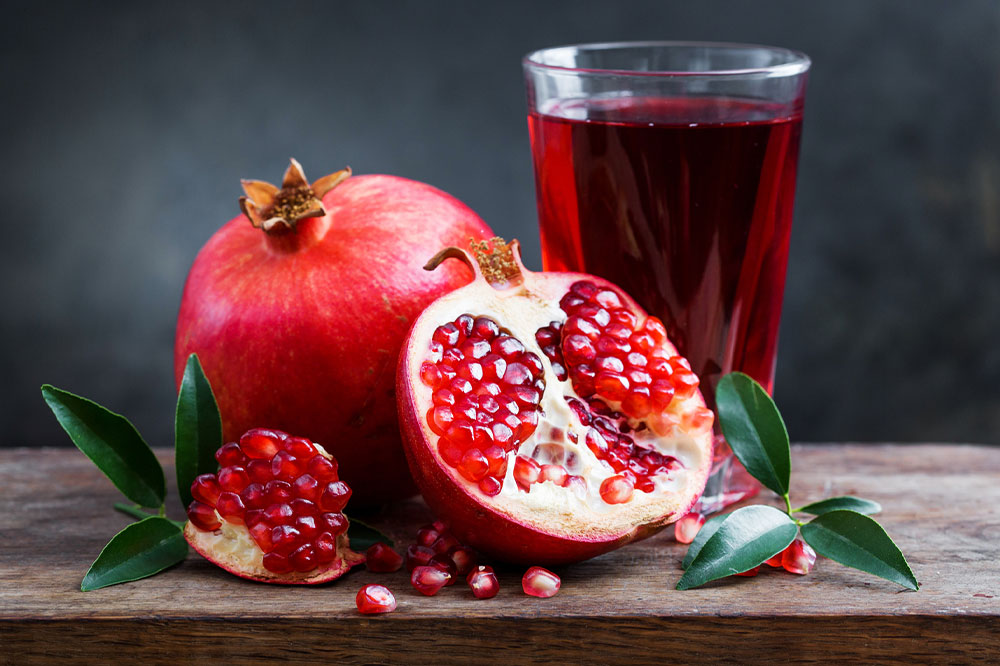Essential Nutritional Tips for Managing COPD with Rejuvenating Foods
Discover essential dietary strategies for COPD management, emphasizing nutrient-rich, energy-boosting foods. Incorporate high-calorie, fiber, healthy fats, and vitamin D sources to enhance respiratory health and energy levels. Proper hydration and balanced nutrition are key to improving quality of life for COPD sufferers.
Sponsored

Chronic obstructive pulmonary disease (COPD) encompasses lung conditions such as chronic bronchitis and emphysema. Proper nutrition plays a vital role in managing symptoms and increasing energy levels. As weight loss can be common among COPD patients, incorporating small portions of nutrient-dense foods can promote better health and comfort. This article highlights the top foods that can boost energy, improve respiratory health, and support overall well-being.
Calorie-Dense Foods
Individuals may experience fatigue, requiring energy from foods rich in calories. Avoid simple carbs like desserts; instead, choose protein sources such as lean beef, poultry, baked fish, and tofu to meet daily nutritional needs.
Oatmeal with Milk
Starting your day with oatmeal provides fiber, iron, calcium, and vitamin A. Mixing it with milk enhances taste while delivering essential nutrients.
Cheese
Adding cheese to rice, vegetables, or potatoes not only increases calorie content but also supplies calcium, vital for bone health, especially since COPD treatments can weaken bones.
Sources of Fiber
Including fiber-rich foods like lentil soups, dry beans, whole-grain bread, fresh vegetables, and fruits supports digestion and overall health.
Healthy Fats
Incorporate omega-3 fatty acids and monounsaturated fats found in eggs, nuts, avocados, salmon, sardines, and olive oil to promote heart and lung health.
Zinc-Rich Foods
Legumes, peas, and chickpeas provide zinc, which can help alleviate COPD symptoms and support immune function.
Stay Hydrated
Consume non-caffeinated liquids to thin mucus and ease lung clearance. Proper hydration is crucial for managing COPD.
Milk
Drinking milk regularly can aid weight gain and strengthen bones due to its vitamin D and calcium content.
Nuts and High-Calorie Snacks
To combat low BMI, include energy-rich nuts and possibly calorie-dense dressings or sauces, after consulting with a healthcare professional to avoid excess saturated fats.
Vitamin D-Rich Foods
Supplement sun exposure with foods like fatty fish—mackerel, salmon, tuna—to prevent vitamin D deficiency, which can exacerbate COPD symptoms.






